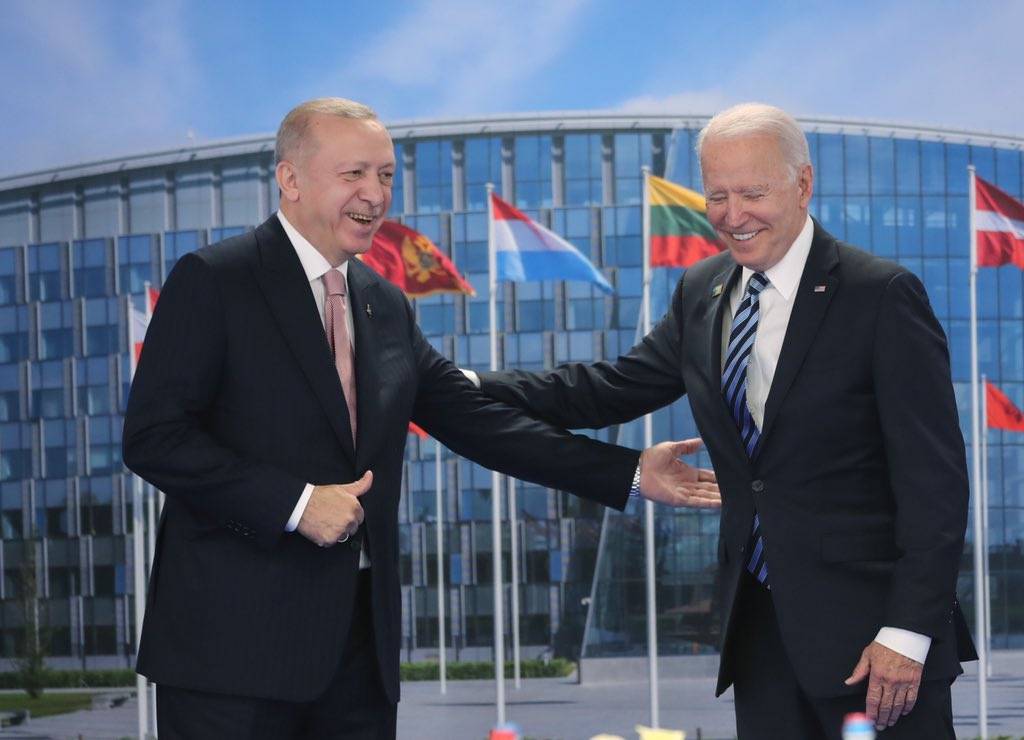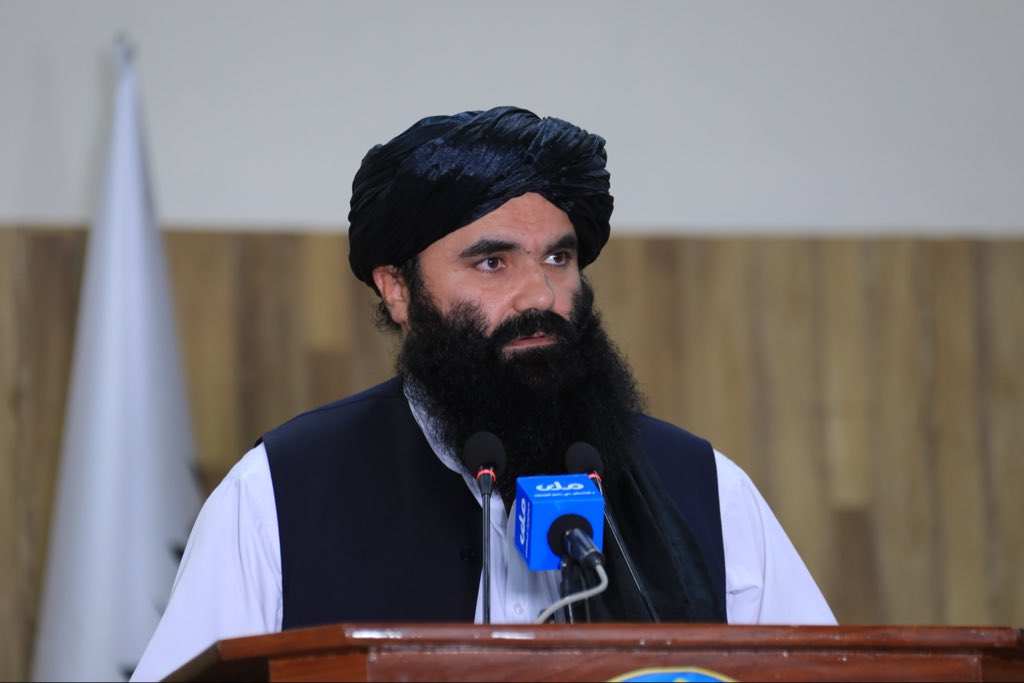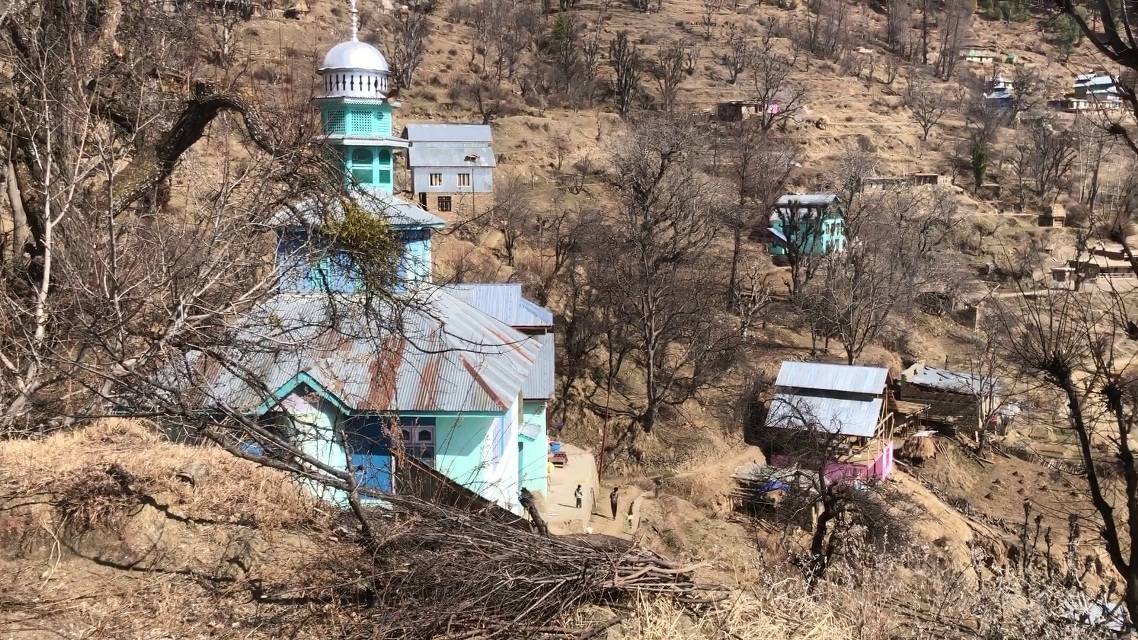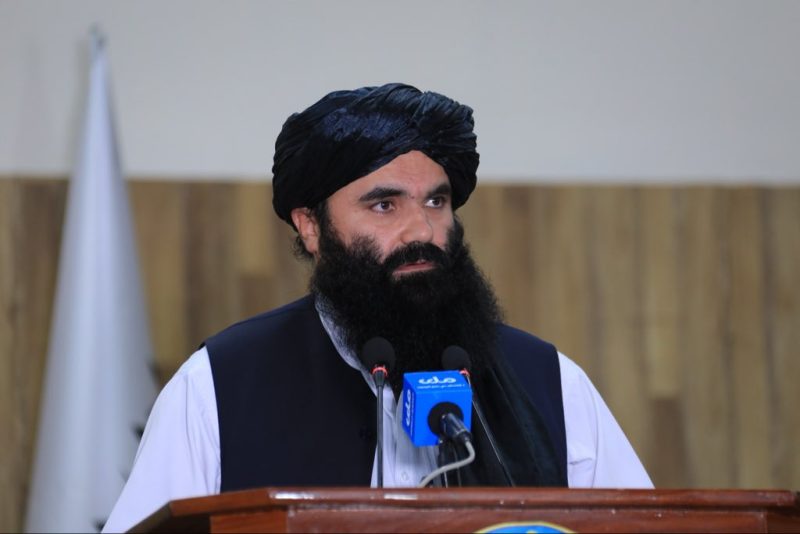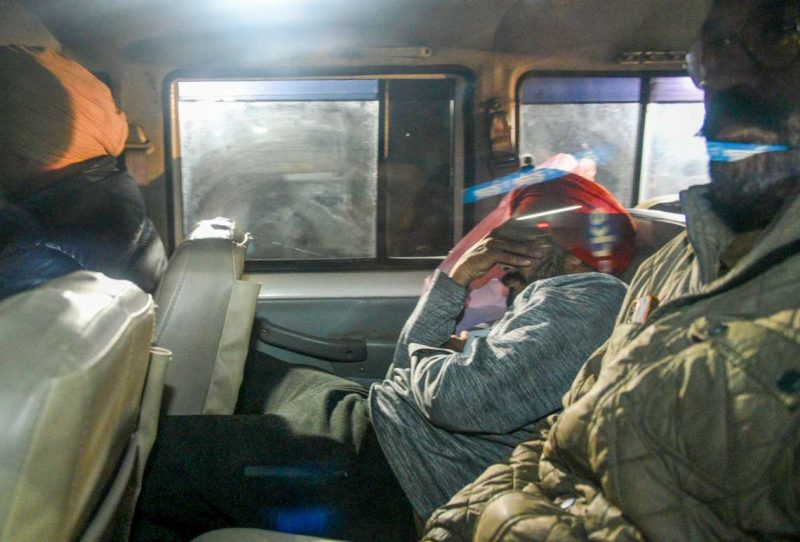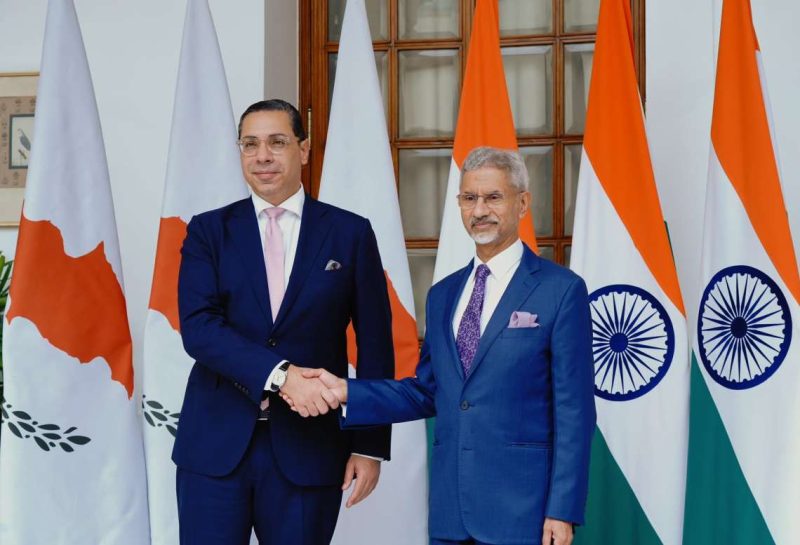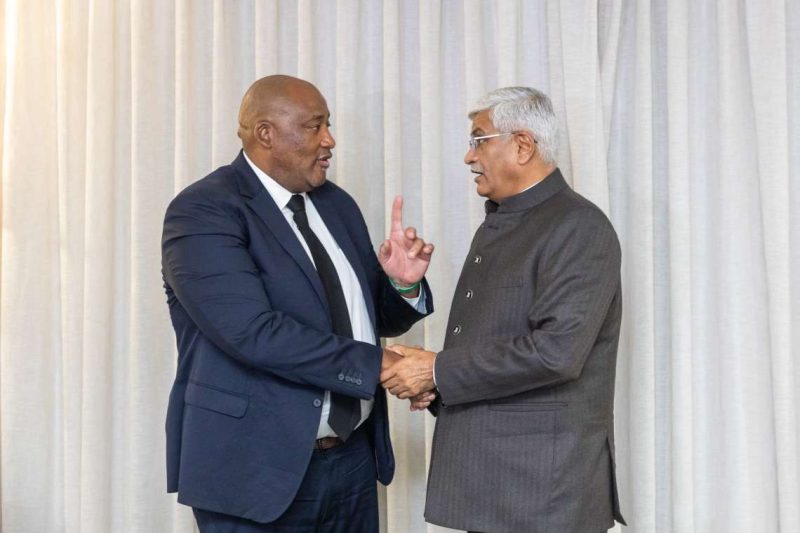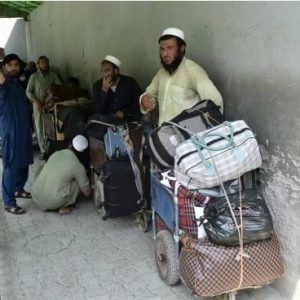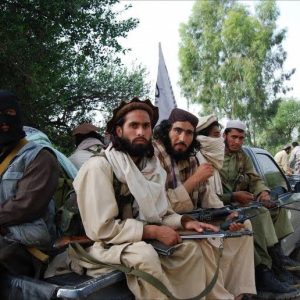One area where Erdogan hoped to showcase a central Turkish role in NATO is Afghanistan, where Ankara has offered to guard and operate Kabul airport after US and NATO forces withdraw in coming weeks, reports Mrityunjoy Kumar Jha
US President Joe Biden described his meeting with his Turkish counterpart Recep Tayyip Erdogan in Brussels on Monday as “productive”. This was a non-committal response which essentially meant that the US side had not made up its mind on what the clever Turkish president had dished out during the meeting.
Both NATO allies covered a lot of ground –from Afghanistan and Syria to defence issues and bilateral trade.
Turkey has angered its allies in the Western military alliance by buying Russian surface-to-air missiles and unilaterally intervening in wars in Syria and especially Libya, now an oil rich failed state, which could fuel Erdogan’s regional ambitions. Turkey is also in a standoff with Greece and Cyprus over territory in the Eastern Mediterranean. The US -Turkish relationship has been roiled in recent years, including by Erdogan’s militarism in Syria and Libya and his suppression of dissent following an alleged coup attempt in 2016.
The big blow to ties came in April, when Biden recognised the World War I slaughter of Arme by Turks and Kurds, as genocide, infuriating the Turkish leader. Last year, Biden called on Erdogan to abandon his decision to turn the Hagia Sophia, a former Christian church, from a museum into a mosque.
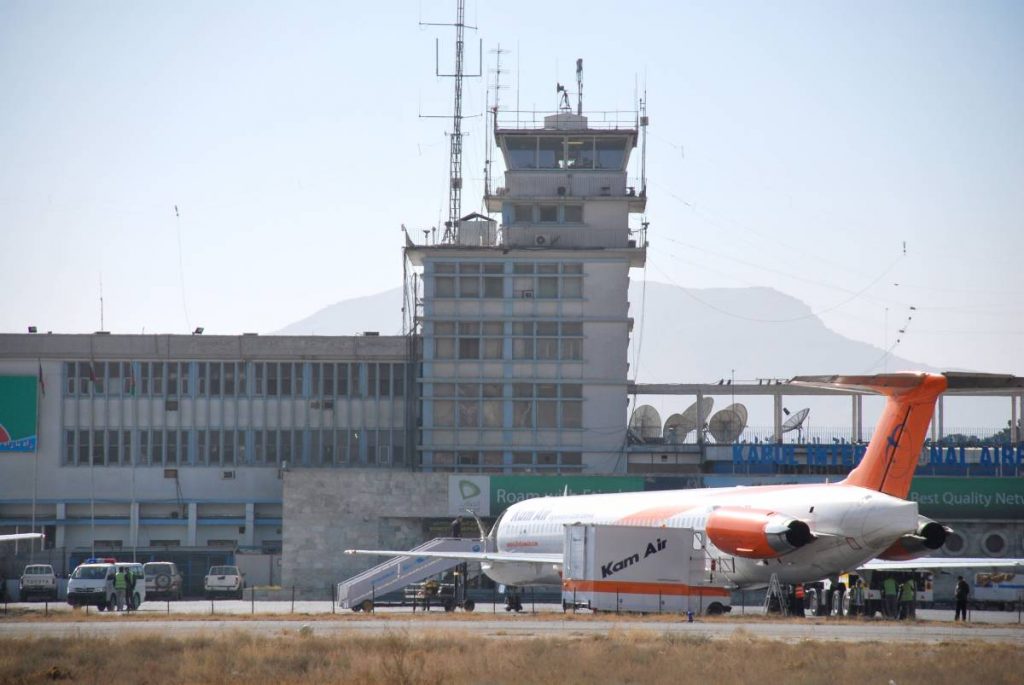
Yet, despite episodic events, Erdogan knows that the US cannot afford to leverage its pivotal position to radiate influence in several directions — Europe, West Asia, Caucasia, Central Asia, and now, with Pakistan’s assistance, South Asia. All American presidents starting from Harry Truman onwards have recognised Turkey’s vital location to extend US and western influence in several regions simultaneously.
Unsurprisingly, one area where Erdogan hoped to showcase a central Turkish role in NATO is Afghanistan, where Ankara has offered to guard and operate Kabul airport after US and NATO forces withdraw in coming weeks.
ALSO READ: Turkey interested in taking control of Kabul airport
Turkey has close historical ties with Afghanistan. It currently has some 500 soldiers in the war-torn country. But that number may rise, if Turkey concludes that it should take advantage of the post-American power vacuum, despite the heavy risks, demonstrated by history, that would be involved.
Conscious of Turkey’s imperial ambitions, fired by Erdogan’s aspiration to raise a 21 st century neo-Ottoman empire, the Taliban has reacted sharply. It asserted that all foreign forces should hold “no hope” of keeping a military presence in Afghanistan after the US and NATO troops withdraw, warning the security of embassies and airports would be the responsibility of Afghans. “If anyone does make such a mistake, the Afghan people and the Islamic Emirate shall view them as occupiers and shall take a stance against them as they have taken against invaders throughout history,” the statement said.

While the Taliban regularly attacked the US and allied troops during their nearly two-decade long stay in Afghanistan, Turkish forces remained unharmed. Turkey is the only Islamic country serving under NATO’s non-combatant Resolute Support mission, which is mandated to train, advise and assist Afghan security forces battling the insurgents.
The UN led Istanbul Summit for the Afghanistan peace hangs in the balance. It has been postponed until after the month of Ramadan which ended one month back but there is no movement on that. Despite repeated requests by Turkey, China and Pakistan, the Taliban has not responded for the meeting. Instead, the Taliban has been fighting and capturing strategic districts near Kabul.
The militant group has also overrun military sites of Afghan government security forces, and it has besieged towns and cities across the country. Those military gains by the Taliban have fuelled concerns that it could topple the Western-backed Afghan government and the battered Afghan security forces once the last foreign troops leave.
According to the US media, Washington is considering preparations for airstrikes to support Afghan forces if there’s a risk of the Taliban taking over Kabul. It has pledged to continue funding the 273,000-strong Afghan National Army and Afghan National Police.
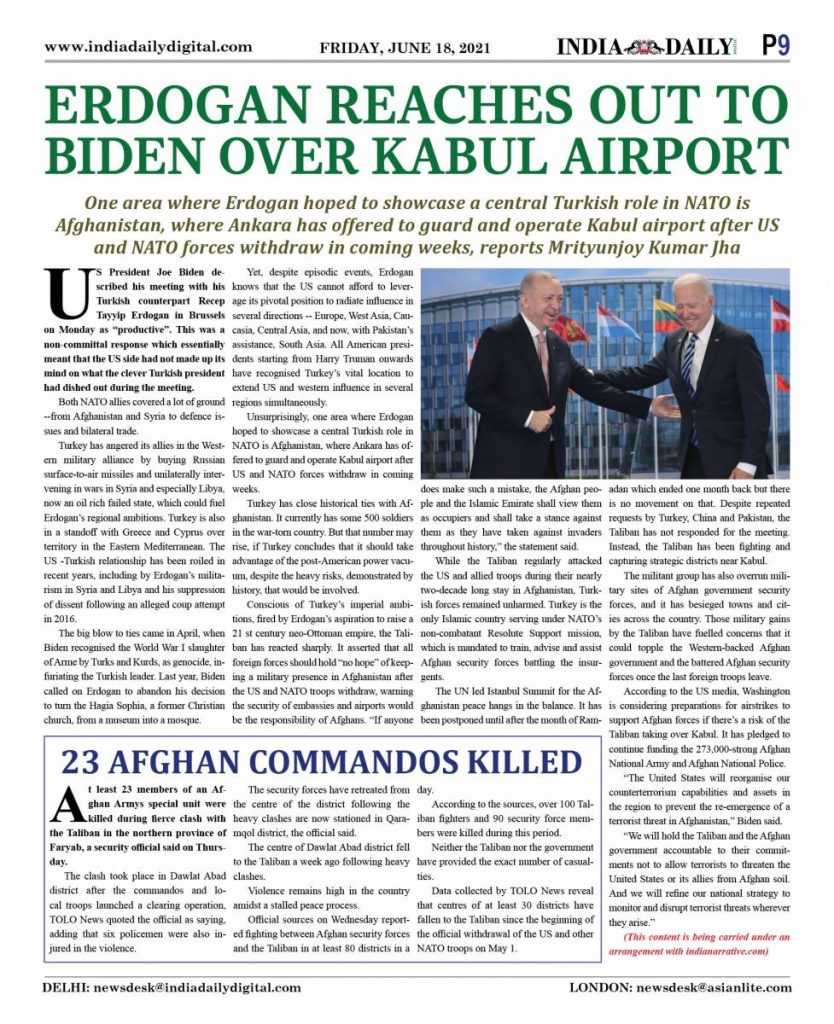
“The United States will reorganise our counterterrorism capabilities and assets in the region to prevent the re-emergence of a terrorist threat in Afghanistan,” Biden said. “We will hold the Taliban and the Afghan government accountable to their commitments not to allow terrorists to threaten the United States or its allies from Afghan soil. And we will refine our national strategy to monitor and disrupt terrorist threats wherever they arise.”
Aware of the deep flux in Afghanistan triggered by several competing interests, India, as a major stakeholder in the peace and stability of Afghanistan, has been supporting a national peace and reconciliation process which is Afghan-led, Afghan-owned and Afghan-controlled.
“Met with @US4AfghanPeace Zalmay Khalilzad in Doha. Continued our exchange of perspectives on Afghanistan and the region,” Indian External Affairs Minister S. Jaishankar tweeted on Tuesday night. He met US Special Representative for Afghanistan Reconciliation Zalmay Khalilzad in Doha.
(This content is being carried under an arrangement with indianarrative.com)
ALSO READ: Libya, Turkey bolster security ties


